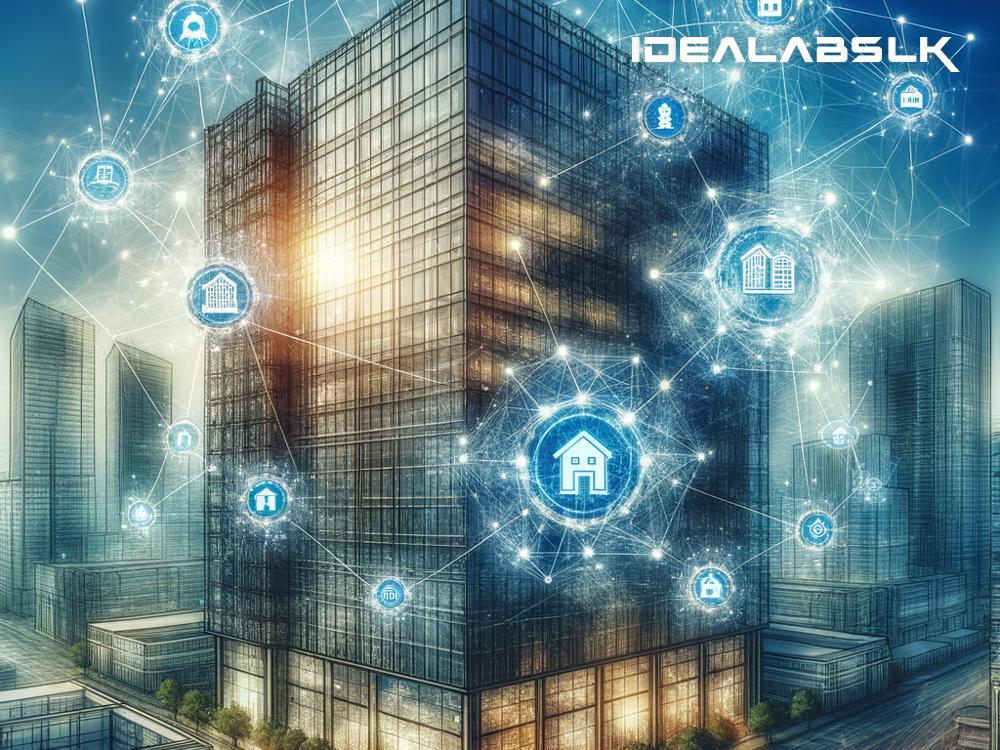Blockchain in Real Estate Audit and Compliance: Simplifying the Complex
In today's high-speed digital era, transparency, security, and efficiency are the golden standards in every industry, especially in real estate. The traditional methods of managing transactions, audits, and ensuring compliance in the real estate sector are not just cumbersome but are also prone to human errors and fraud. Enter Blockchain technology, a game changer that's beginning to reshape the landscape of real estate audit and compliance. But what exactly is Blockchain, and how is it making a difference in an industry as old as time itself? Let's break it down in simple English.
Understanding Blockchain in a Nutshell
Imagine a digital ledger that's shared among various users, recording transactions in real-time, each entry linked to the previous one, forming a chain (hence, Blockchain). What makes it unique is its decentralization; no single entity owns the ledger. It's a democratic system of recording information that is transparent, immutable (meaning it can't be altered), and secure. Think of it as a public record that anyone can access, but no one can tamper with.
Revolutionizing Real Estate Audit and Compliance
Now, let's dive into how Blockchain is revolutionizing audit and compliance in real estate:
-
Enhanced Transparency: With all transactions recorded on a Blockchain, every party involved in the real estate deal (buyers, sellers, agents, etc.) can have a clear, unchanged history of the property. This transparency prevents discrepancies and fraud, ensuring the authenticity of records.
-
Streamlined Processes: Traditional real estate transactions are notorious for their paperwork. Blockchain simplifies this by digitizing and automating record-keeping, saving time and money. Smart contracts, a feature of Blockchain, execute transactions automatically once predetermined conditions are met, reducing the need for manual processing.
-
Improved Security: Real estate deals involve significant financial transactions, making them a target for fraud. Blockchain's secure nature, where data once entered is nearly impossible to alter, provides a layer of security that is much needed in these transactions. This means less risk of counterfeit or double-selling properties.
-
Audit Efficiency: The immutable record-keeping of Blockchain simplifies the audit process. Auditors can trace the ownership and transaction history of properties with ease, ensuring compliance with legal and financial regulations without sifting through mountains of paperwork.
-
Decentralization Benefits: With Blockchain, the control and verification of transactions don't rely on a central authority (like a bank or a government body). This decentralization not only speeds up transactions but also reduces the chances of manipulative practices, leading to a fairer system for all parties involved.
Real-World Applications
Several countries and companies are already exploring or implementing Blockchain in their real estate sectors. For instance, Sweden has been testing Blockchain for land registry purposes, aiming to simplify property deals and make record-keeping more efficient. Meanwhile, various startups are creating Blockchain platforms to manage leases, property sales, and more, promising a smoother real estate transaction experience for everyone involved.
Overcoming Challenges
Despite its benefits, integrating Blockchain into the real estate sector isn't without challenges. There are technical barriers, legal and regulatory hurdles, and the need for widespread adoption and trust in this new technology. Industry stakeholders must work together to address these issues, ensuring that Blockchain's implementation in real estate is seamless and beneficial for all.
The Future is Bright
The fusion of Blockchain technology with real estate audit and compliance is still in its early stages, but it's clear that it holds the potential to transform the industry. By making transactions more secure, transparent, and efficient, Blockchain can help build a more trustworthy real estate ecosystem. This would not only benefit those directly involved in buying and selling property but also enhance the overall integrity of the real estate market.
In conclusion, Blockchain in real estate audit and compliance is not just a futuristic concept but a groundbreaking development that's starting to take shape. As the technology matures and more people understand its benefits and possibilities, we can expect Blockchain to become a staple in the real estate world, making property dealings simpler, safer, and more reliable for everyone.

